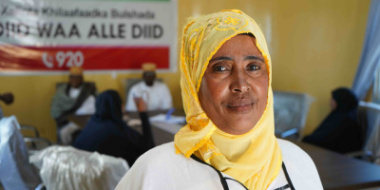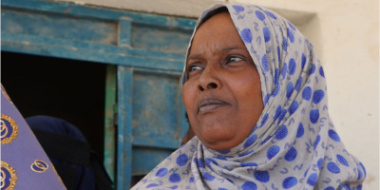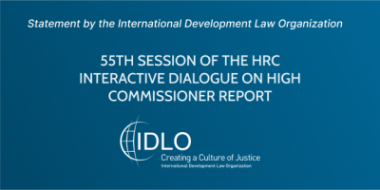Gender Reforms in Kenya's Public Service
IDLO is working with the Government of Kenya to advance gender equality across the country and enact gender provisions contained in the Constitution. Since 2013, IDLO has partnered to enhance the capacity of the Government of Kenya to mainstream gender at both the national and county levels. IDLO’s support included strategic policy development, critical legislative review, expert technical advice, and institutional strengthening.










